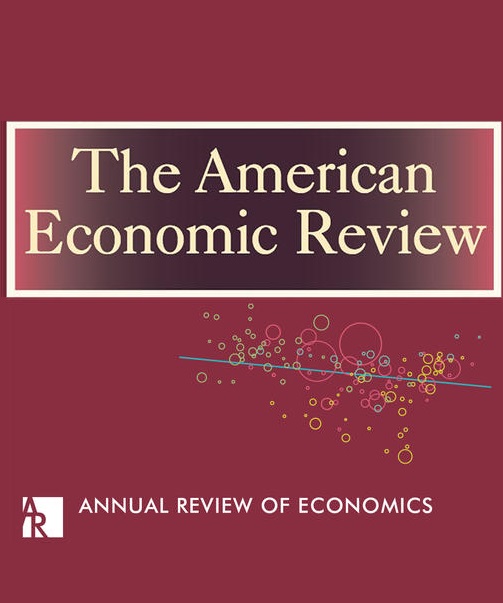自我说服:来自国际辩论比赛现场实验的证据
IF 10.5
1区 经济学
Q1 ECONOMICS
引用次数: 14
摘要
实验证据表明,当人们不得不为某一特定立场辩护时,他们会说服自己该立场在事实和道德上具有优越性。这种自我说服限制了沟通解决冲突和减少两极分化的潜力。我们在国际辩论比赛的现场环境中测试了这种现象,这些比赛随机分配有经验和有动力的辩手来辩论一个主题运动的一方。我们在事实信仰和对自己立场的自信中找到自我说服。效应大小比实验室小,但对一个小时的争论和十倍的准确性激励是强有力的。(jel c93, d12, d72, d83, d91, i23)本文章由计算机程序翻译,如有差异,请以英文原文为准。
Self-Persuasion: Evidence from Field Experiments at International Debating Competitions
Laboratory evidence shows that when people have to argue for a given position, they persuade themselves about the position’s factual and moral superiority. Such self-persuasion limits the potential of communication to resolve conflict and reduce polarization. We test for this phenomenon in a field setting, at international debating competitions that randomly assign experienced and motivated debaters to argue one side of a topical motion. We find self-persuasion in factual beliefs and confidence in one’s position. Effect sizes are smaller than in the laboratory, but robust to a one-hour exchange of arguments and a tenfold increase in incentives for accuracy. (JEL C93, D12, D72, D83, D91, I23)
求助全文
通过发布文献求助,成功后即可免费获取论文全文。
去求助
来源期刊

American Economic Review
ECONOMICS-
CiteScore
18.60
自引率
2.80%
发文量
122
期刊介绍:
The American Economic Review (AER) stands as a prestigious general-interest economics journal. Founded in 1911, it holds the distinction of being one of the nation's oldest and most esteemed scholarly journals in economics. With a commitment to academic excellence, the AER releases 12 issues annually, featuring articles that span a wide spectrum of economic topics.
 求助内容:
求助内容: 应助结果提醒方式:
应助结果提醒方式:


